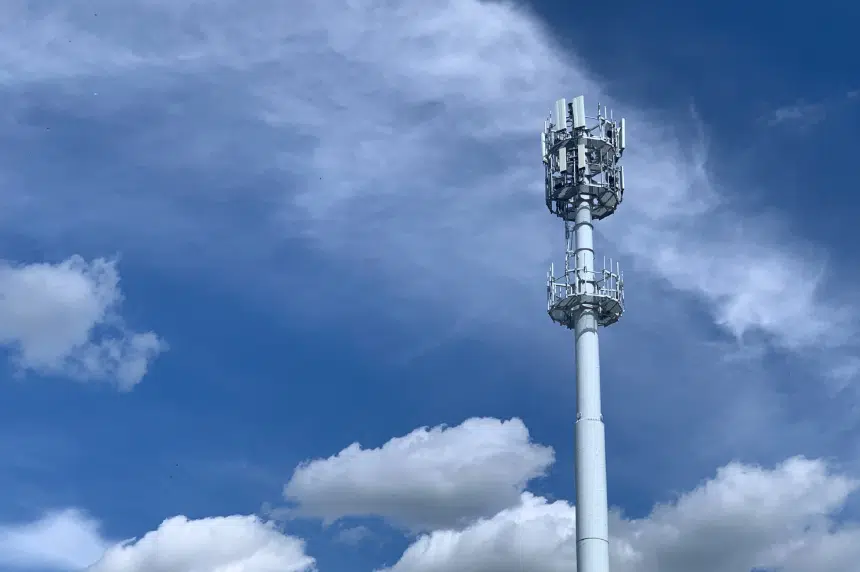Telecom services in rural Saskatchewan just aren’t cutting it.
Those are the thoughts of Todd Lewis, the president of the Agricultural Producers Association of Saskatchewan (APAS). Lewis joined Gormley on Monday morning to chat about the results of a January survey.
In the survey, 75 per cent of respondents expressed dissatisfaction with current service levels. On the other hand, just 18 per cent of respondents said they were satisfied.
The January survey fell before the COVID-19 pandemic and with the increased demand, Lewis says things have “only gotten worse.”
“It’s really become difficult in rural Saskatchewan to conduct business like we have to,” he explained. “It’s very spotty coverage in a lot of the province.”
Lewis says he’s heard from many producers about their struggles with the services, before and after the pandemic hit.
“COVID has shone a light on how poor the service is. We’re dropping further and further behind all the time,” he said.
“They’re trying their best to try and keep up. But I think we’re getting to the point where we’re going to need to have some kind of collaboration between SaskTel and other private providers as well as the federal and provincial government.”
Lewis says he’s yet to receive any answers from those in power, including SaskTel officials.
“The network is having further and further increasing demands on it. Really, we’re seeing a dropoff in service more and more. We’re just not seeing many results as far as improvements,” he explained.
Lewis outlined concerns with drops in service during phone calls and lag times for internet users. He says the service depends on the towers, but the issues that are happening have become widespread.
“You can talk about being close to No. 1 Highway, or a major town, or even a major city and there’s very poor service,” he said.
Lewis wants to know how much fibre optics is available for rural customers. He said the problem is apparent in First Nations communities as well.
“We’re kind of falling behind instead of getting ahead,” he said. “It’s not about convenience anymore. It’s getting to be more and more a necessity.”











